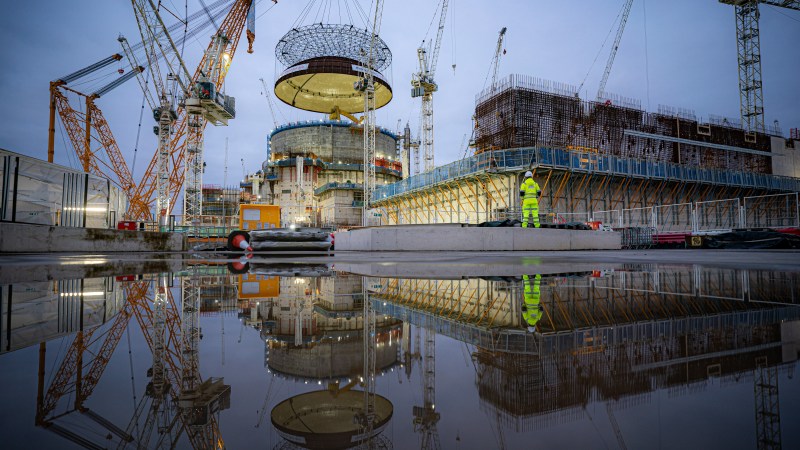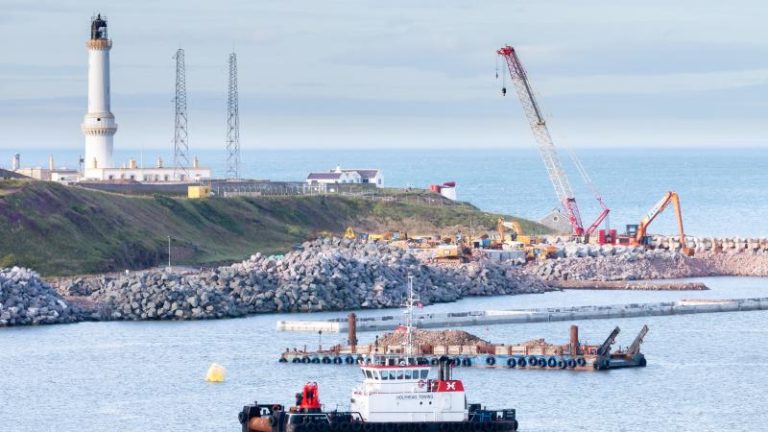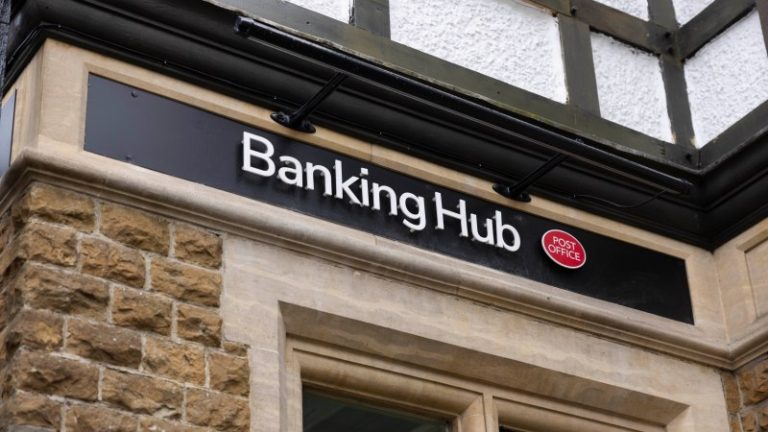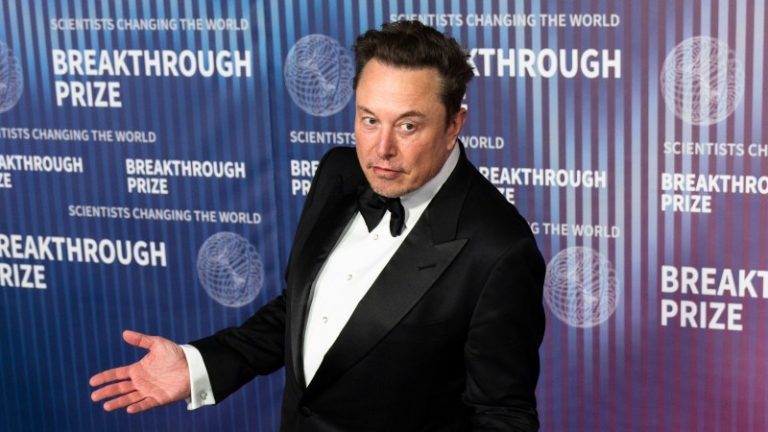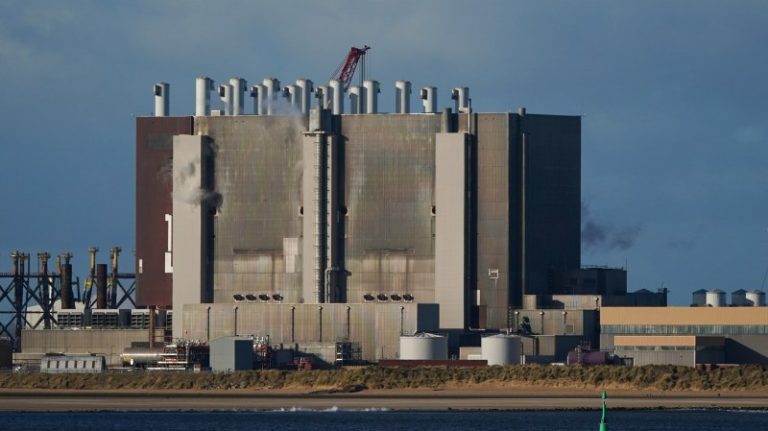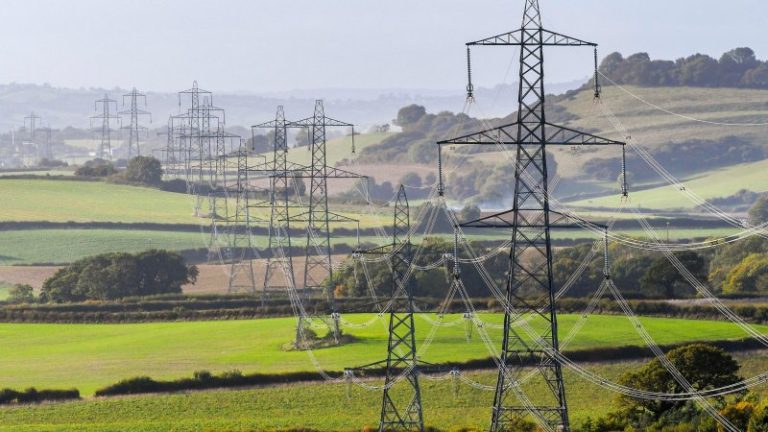Government looks past Sizewell and plans for third nuclear plant
The construction of a third new nuclear power station in Britain could be given the go-ahead, even though the government is still working to secure full funding for an existing proposal.
The ambition is to build a nuclear plant capable of generating enough energy to power six million homes and similar in size to Hinkley Point C in Somerset, which is under construction, and the planned Sizewell C in Suffolk.
However, the question over whether to proceed with the construction of a new plant will be answered only next year, once a final investment decision has been taken on Sizewell C.
A target has been set for an increase in nuclear power to 24 gigawatts by 2050, enough to provide about a quarter of Britain’s electricity needs. At present UK nuclear capacity stands at 5.9GW from five power stations all owned by EDF, the French state-controlled energy group. Four of those plants, capable of generating 4.7GW of power, are due to close by 2028, although EDF said this week that it was considering extending the life of the power stations.
As part of its “Civil Nuclear Roadmap”, the government has set out an ambition to commit to investing in new nuclear capacity of between 3GW and 7GW every five years from 2030 to 2044.
Claire Coutinho, the energy secretary, said: “Strengthening our energy security means that Britain will never again be held to ransom over energy by tyrants like Vladimir Putin. British nuclear, as one of the most reliable, low-carbon sources of energy around, will provide that security.
“From large-gigawatt projects to small modular reactors, the UK’s wider nuclear revival will quadruple our nuclear capacity by 2050, helping to power Britain from Britain.”
About £300 million will also be invested in developing the form of uranium fuel required to power high-technology new nuclear reactors, which at present is produced commercially only in Russia. The first production facility is scheduled to open in northwest England in the early 2030s.
In 2022, Boris Johnson set out ambitions to build eight nuclear power stations by 2030, although at present Hinkley Point C is the only new nuclear plant under construction in Britain. The project has been much-delayed and is running over budget. When given the go-ahead in 2016, its first production of power was scheduled for 2025; that has been pushed back to June 2027, at the earliest.
A final investment decision on Sizewell C is due to be made by the end of this year. The government and EDF co-own the development vehicle for the project, but hope to reduce their stakes in the construction phase and are seeking to bring in private investors. It is estimated that the project will cost at least £20 billion to complete.
The fundraising process, formally launched in September last year, is continuing. The government has committed £1.2 billion to support the development so far.
Alison Downes, of the Stop Sizewell C campaign group, said: “The government’s vague nuclear ‘ambitions’ — for that is all they are — especially ‘exploring’ a new GW project, ring hollow when Hinkley Point C is already at least three years late and £8 billion overspent and faces a significant funding gap, and Sizewell C is still some way off a final investment decision.
“Neither Sizewell C, nor anything else in this roadmap, will help the government to meet its target of decarbonising the electricity system by 2035, making nuclear an expensive distraction that we’ll all have to pay for during projects’ protracted construction.”
Separate analysis by Britain Remade, a pro-growth campaign group, has shown that building new nuclear power plants in Britain is more expensive than almost anywhere else in the world. Britain ranks 15th out of 16 countries by construction cost per megawatt-hour of generating capacity, with only America performing worse.
